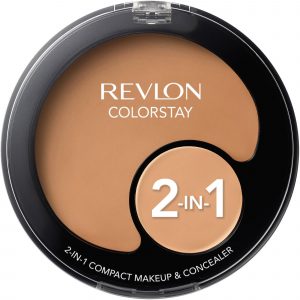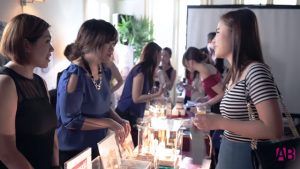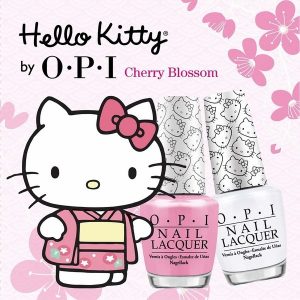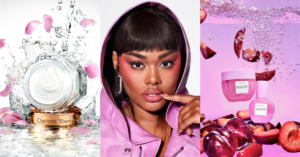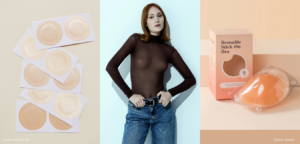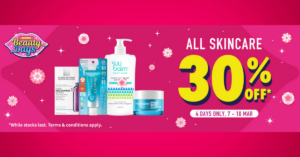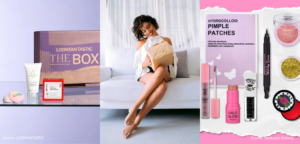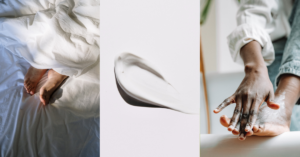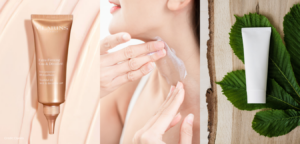L’Occitane: Beauty with a Heart
Every 3 seconds, a tube of L’Occitane Shea Butter Hand Cream is sold somewhere in the world. But there’s a...
By: Beauty Insider Journalist / March 7, 2016
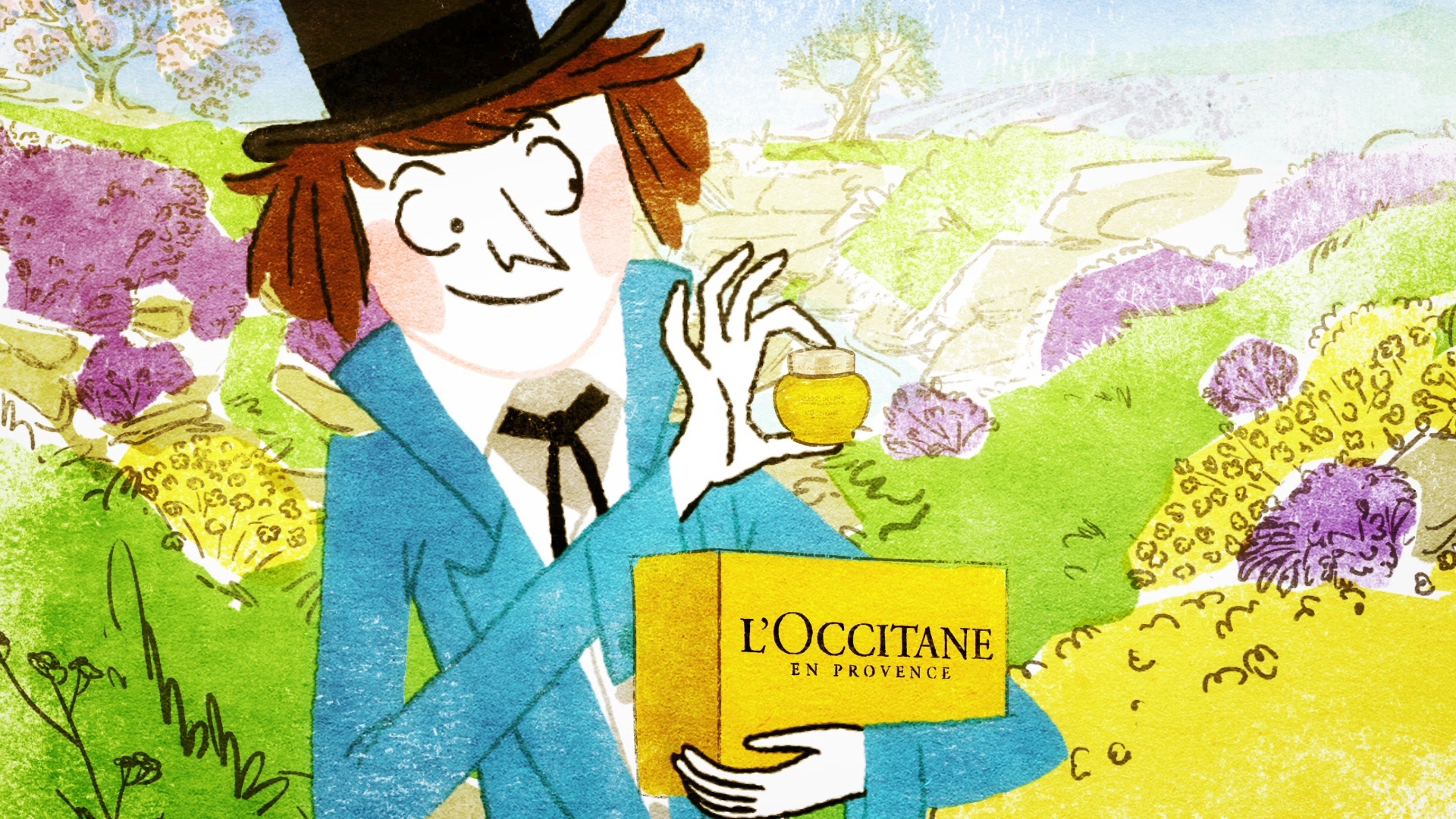
Every 3 seconds, a tube of L’Occitane Shea Butter Hand Cream is sold somewhere in the world. But there’s a story behind this cult favourite that reflects the brand’s very rich history… and it’s heart.
Oliver Baussan founded L’Occitane in 1976. After buying distillation still, he gathered wild rosemary and extracted its oils to make shampoos which he sold at the local Provence markets. In 1980, a journalist told him about her trip to Africa, where she had met women who would gather nuts and make shea butter balls. They earned very little, and Baussan – intrigued by the ingredient, and eager to help the women – visited Africa to find out more. He worked out a Fair Trade agreement that ensured that they would be paid well for their efforts. In 1993, he even increased the shea butter content of his hand creams from 5% to 20% so the women of Burkina Faso – one of the poorest countries in the world — would have more work. The L’Occitane Foundation also supports literacy programs, encourages and supports entrepreneurship through microcredit programs and training.
The immortelle flower – used in its bestselling brightening and anti-aging skincare line – is grown without any use of pesticides. L’Occitane’s farmers discovered that sheep hate the taste of the immortelle farmer, so they allow them to graze the fields and eat all the other plants and weeds, leaving this precious ingredient to grow naturally and abundantly until it is ready to be harvested.
This reflects L’Occitane’s brand philosophy. As they say in their website, “Our products use of high-quality, traceable, natural ingredients. Each collection tells a story, with products and ingredients that help perpetuate the tradition.” They also practice respect for the environment by using only sustainable ingredients and environmentally friendly materials and was one of the first global brands to launch eco-refills.
Another impressive fact: L’Occitane was the first beauty company to put braille on their labels. Baussan met a customer who was blind and was smelling every product to decide which one to buy. He vowed to make shopping easier for the blind, and by 1996 the L’Occitane packages included braille product names and descriptions. Today, L’Occitane Foundation has made extensive donations to ophthalmologic research and local specialists’ training and has sponsored eye care treatments to over 2,000,000 people in developing countries.
To find out more about L’Occitane products, or find the store nearest you, visit the L’Occitane Singapore website.


